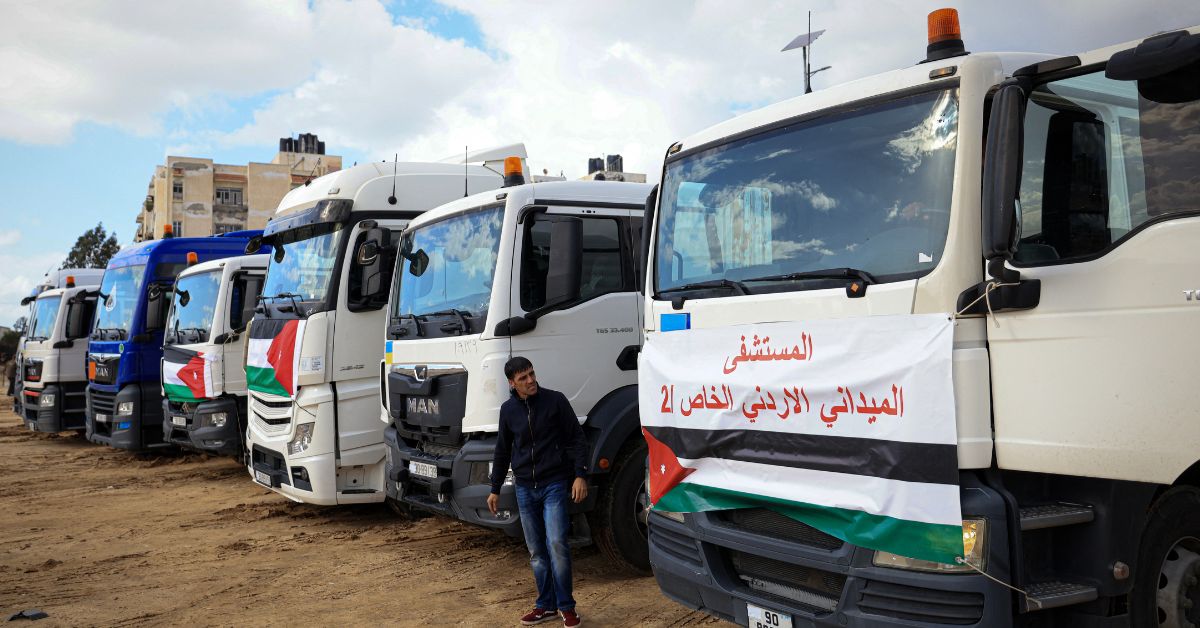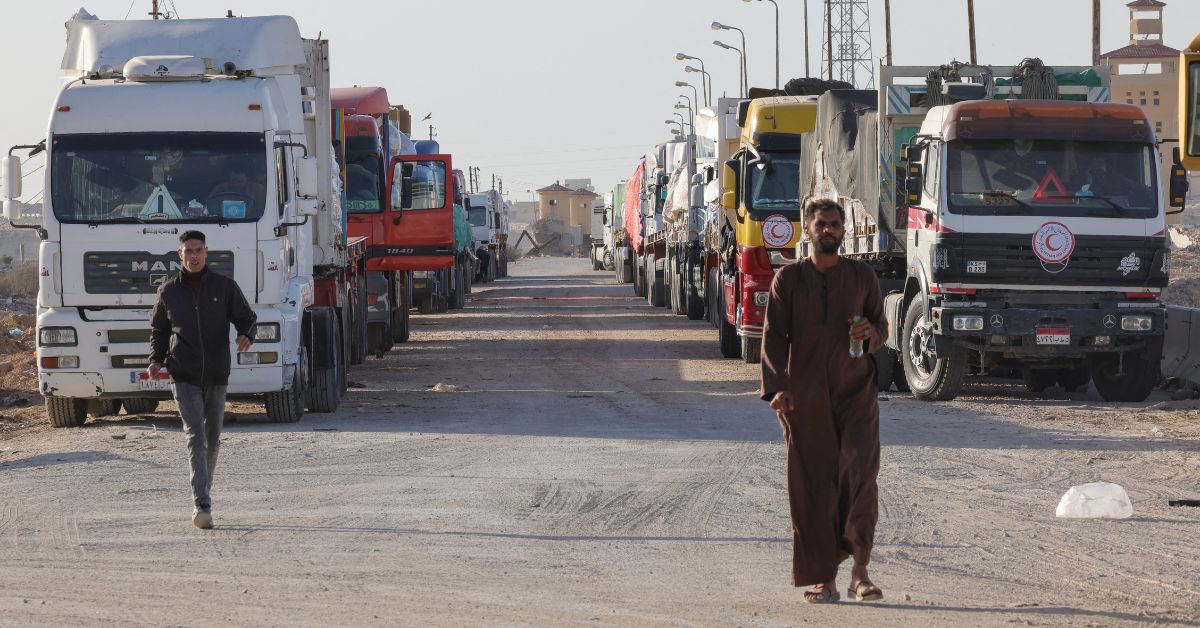DUBAI, UAE – The Israel-Hamas conflict is likely to cause regional instability and affecting economies across the Middle East and North Africa, especially in Egypt, Lebanon, and Jordan, with broader implications for oil prices and economic growth, according to the latest assessment of Fitch Ratings.
The conflict, while currently contained within the confines of Gaza and Israel, poses a tangible risk of regional escalation, overshadowing the hard-won trend of de-escalation in the area.
Fitch emphasizes that, even within its existing parameters, the conflict sends damaging shockwaves into neighboring countries, with Egypt, Lebanon, and Jordan experiencing discernible spillover effects.
Oil prices and economic growth: A balancing act
Addressing the aftermath of the Israel-Hamas conflict, the report notes that while it is primarily contained to Gaza and Israel, the conflict continues to present risks of regional escalation.
Negative spillovers are already evident in neighboring countries, notably Egypt, Lebanon, and Jordan. The conflict has disrupted the recent trend of regional de-escalation, with potential repercussions for tourism, trade, and investment.
Fitch Ratings anticipates that robust oil prices will support credit metrics for oil-exporting sovereigns in MENA through 2024.
An assumed average of $80/bbl for Brent crude oil is expected to drive more robust growth, particularly in non-oil real GDP. Despite potential OPEC+ cuts in response to weak global growth, the report highlights a reluctance to significantly reduce oil output, underscoring the delicate balance in the oil market.
Regional dynamics and challenges
The report underscores the challenges MENA sovereigns face from high debt burdens and tight financing conditions amid elevated global interest rates.
High domestic interest rates are expected to persist due to inflation trends. The Israel-Hamas conflict introduces additional risks, particularly impacting tourism and sentiment in the short term.
Multilateral and bilateral financial support, coupled with progress in economic and fiscal reforms, is identified as a crucial mitigant for some countries.
Out of the 15 MENA sovereigns rated by Fitch, Qatar and Ras al Khaimah stand out with a Positive Outlook. Israel, however, is placed on Rating Watch Negative following the outbreak of the conflict with Hamas.

Notable changes in 2023 include upgrades for Oman and Saudi Arabia, both now with a Stable Outlook, and downgrades for Egypt, rated ‘B-‘ with a Stable Outlook.
Budgets of MENA oil exporters: A mixed picture
Fitch Ratings projects varying fiscal scenarios for MENA oil exporters in 2024. Qatar, Abu Dhabi, the UAE (on a consolidated basis), and Oman are expected to maintain budget surpluses. In contrast, Saudi Arabia and Kuwait are forecast to record minor budget deficits.
Bahrain’s deficit is anticipated to narrow, reflecting gradual efforts to reduce the non-oil budget deficit. The report underscores the sensitivity of GCC budgets to oil price fluctuations.
The conflict between Israel and Hamas remains a geopolitical risk, with potential spillover effects on oil trade routes and non-oil activity. While efforts to contain the conflict have been successful, the region faces uncertainties that could impact economic diversification efforts.
The report acknowledges the improved non-oil primary balance in most countries in 2023, driven by a solid recovery from the COVID-19 pandemic. However, it highlights the long-term policy dilemma of achieving fiscal sustainability while promoting economic diversification.
Challenges beyond the GCC/Iraq
Outside the GCC/Iraq region, the conflict has affected tourism and sentiment in neighboring countries, posing additional challenges amid already high debt levels, tight financing conditions, and inflation. Tunisia needs to catch up in mobilizing sufficient funding, while Egypt’s Stable Outlook reflects expectations of accelerated reforms following the presidential elections in December. Persistent structural problems, such as high youth unemployment and poor governance, continue to challenge political stability in the region.








